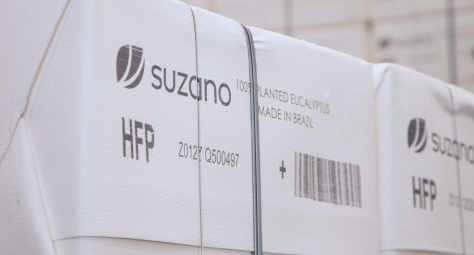sobre o que você deseja falar?


perguntas, sugestões ou problemas técnicos envolvendo a plataforma

informações sobre a empresa


Suzano's governance structure comprises the General Meeting, the Board of Directors, the Fiscal Council, the Board of Executive Officers, and six advisory committees to the Board of Directors, including the Sustainability Committee, the Statutory Audit Committee, and the Strategy and Innovation Committee.
The Board of Directors, with the support of the committees, directly supervises the opportunities and risks associated with our corporate responsibility strategy and frequently assesses the impacts that social and environmental issues can have on the business and its stakeholders.
The members of the Board and advisory committees are appointed based on criteria that ensure that Suzano's bodies are made up of highly qualified professionals who are committed and aligned with the company's mission, vision, and ethical values (including integrity, commitment, responsibility, initiative, cooperation, simplicity, and determination), in addition to having notable professional, technical and academic experience compatible with the position for which they are being appointed.
In addition, the committees and the Board are always seeking improvement in the functions of each committee and Suzano's business, for example, through onboarding after election or re-election. In 2024, the Sustainability Committee, to improve its knowledge of the company's operations, paid a visit to one of its mills, where members had the opportunity to get to know one of the innovation plants up close and attended a lecture on environmental risks given by an expert on the subject.
In 2024, the board also implemented a mentoring program for Suzano's top executives to guide and supervise the company's guidelines and strategic plans.
The committees meet at least three times yearly, according to the approved annual calendar, and extraordinarily if necessary. Meeting agendas are based on each committee's main functions.
The Sustainability Committee advises the directors on issues related to:
The Statutory Audit Committee acts on:
The purpose of the Strategy and Innovation Committee is to advise the Board of Directors on issues such as:
To make its sustainability strategy viable, Suzano has a Sustainability Department, which reports to the Technology, Innovation, and Sustainability Department. This department has various teams that deal with issues such as climate change, biodiversity, water resources, and territorial social development, among other social and environmental issues.
Finally, concerning business risk management, the company has sophisticated its risk matrix in recent years, increasingly considering socio-environmental aspects in its activities and its entire value chain. To find out more, visit the “Risk management” indicator.